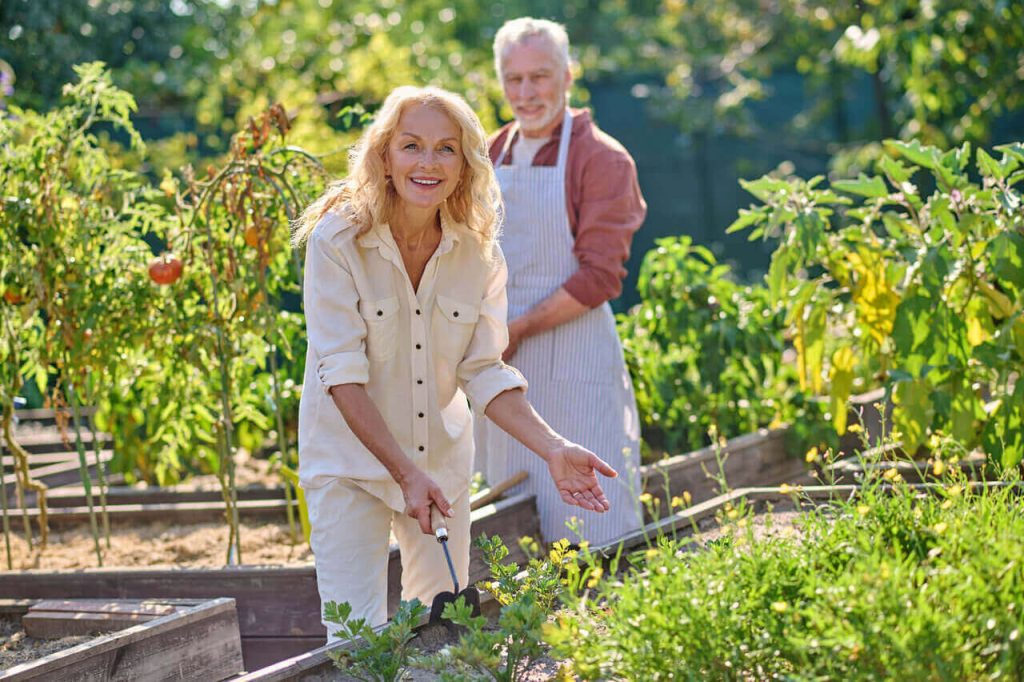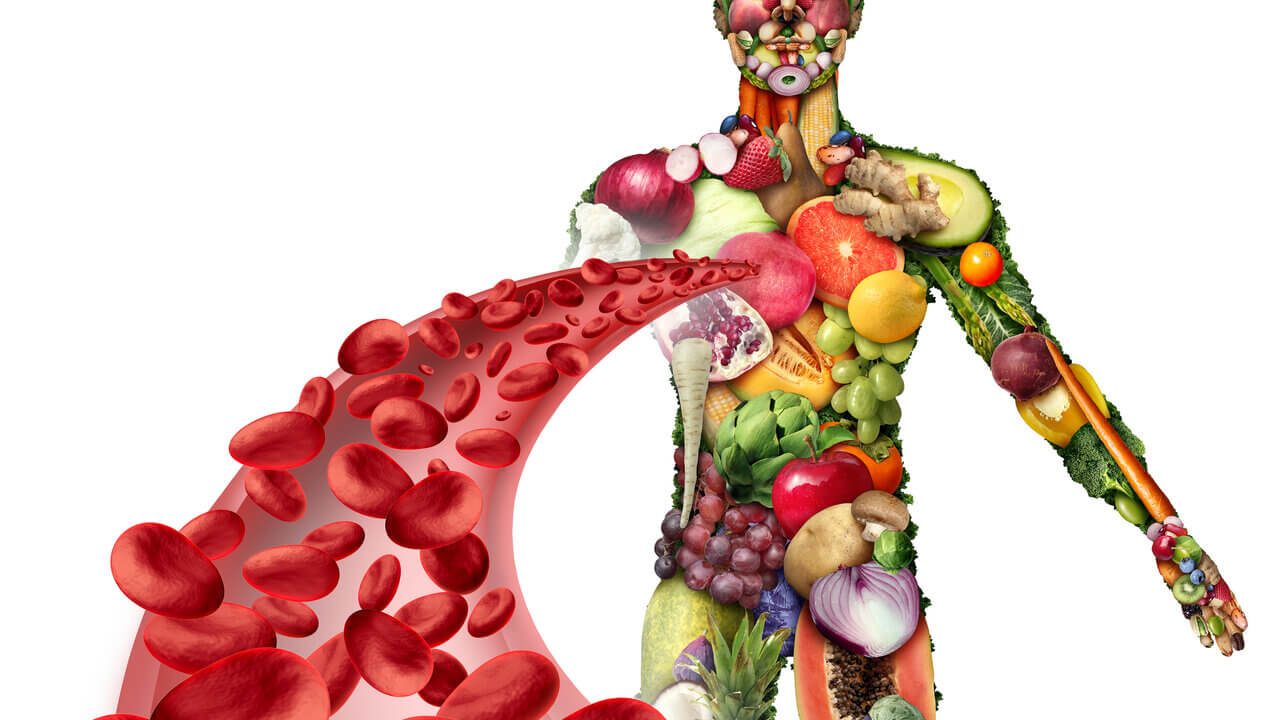The Importance of Vegetables for Health and Lifestyle

In recent times, there has been a significant awakening to the importance of vegetables in both our health and the environment.
The food choices we make daily aren’t just about satisfying hunger. They are central to our well-being and the sustainability of our planet. Amidst this growing consciousness, the story of Alex, a city-dwelling software developer, resonates strongly.
During a visit to a relative’s countryside home, Alex discovered the transformative power of a homegrown vegetable garden. This was a stark contrast to their usual fast-paced urban life. This experience inspired Alex to start a small garden on their city apartment balcony, leading to a deeper connection with their food and a noticeable improvement in health and vitality.
By cultivating a garden, even a small one, you embrace a plant-based diet. You also take an active role in enhancing your health and lifestyle. This practice goes beyond mere consumption. It represents a deeper connection and commitment to what we eat and how it affects us and the world around us.
Enhanced Nutritional Value and Energy Boost
One of the most compelling reasons to grow your own vegetables is the unparalleled nutritional value they offer.
Home-grown vegetables are not just mere ingredients. They are a powerhouse of vitality. Because of factors like premature harvesting and prolonged storage, commercially grown produce often loses the essential nutrients available in veggies grown in your own garden.
When you harvest a vegetable that you’ve grown, you get the maximum nutrient content, including vitamins, minerals, and antioxidants that are essential for good health.
This nutritional richness translates directly into an energy boost. A diet rich in fresh, garden-grown produce provides the body with the necessary components for sustained energy. Sugar-laden and processed foods provide a temporary rush. The energy derived from fresh vegetables is stable and enduring and keeps you active and alert throughout the day.
Integrate these fresh, nutrient-dense foods into your diet and enhance the overall quality of your plant-based diet. This will make each meal not just a routine but a nourishing experience for your body and mind.
Importance of Vegetables for a Strengthened Immune System
Growing your own vegetables offers a significant benefit to your immune system. This is thanks to the freshness and unprocessed nature of the produce.
Vegetables like garlic, spinach, and citrus fruits, when grown at home, retain more of their natural nutrients and antioxidants. These are crucial for strengthening the body’s defense mechanisms.
Unlike store-bought produce that may have lost vital nutrients through processing and extended storage, home-grown vegetables provide a richer source of vitamins and minerals essential for a robust immune system.
Moreover, the very act of gardening contributes to this health benefit. Gardening is not just a peaceful hobby.
It’s a form of physical activity that can enhance your overall fitness. This increased physical activity, in turn, helps to boost your immune system.
By engaging in gardening, you’re not only nurturing plants but also fortifying your body’s ability to fight off illnesses, making it a holistic approach to improving your health.
The Importance of Vegetables for Heart Health and Reduced Disease Risks

The importance of vegetables and cultivating your own has a direct positive impact on heart health and the reduction of disease risks.
When you grow your own produce, you have the opportunity to create a more diverse and balanced plant-based diet. This diversity is key in providing a wide range of nutrients that support heart health and reduce the risk of chronic diseases.
Home-grown vegetables that are free from harmful pesticides and chemicals contribute to cleaner, healthier eating habits. Incorporate these into your diet and reduce your intake of unhealthy fats and cholesterol present in red meats, which are known contributors to heart disease and other health issues.
Furthermore, advocating for the replacement of red meats with home-grown vegetables is not just a dietary choice. It’s a lifestyle change that promotes longevity and wellbeing.
This shift doesn’t mean completely eliminating meat but rather re-balancing your diet to favor the heart-healthy benefits of fresh, garden-grown produce.
The inclusion of more vegetables in your meals leads to lower blood pressure, reduced cholesterol, and a decreased risk of heart-related problems. This proves that what grows in your garden can have a profound effect on your overall health.
Positive Environmental Impact
The environmental benefits of growing your own vegetables extend far beyond your backyard.
By cultivating your own produce, you significantly reduce the reliance on industrial farming practices, which are major contributors to greenhouse gas emissions. Industrial agriculture involves extensive use of fossil fuels in everything from the production of fertilizers to the transportation of goods over long distances.
In contrast, your home garden contributes virtually zero emissions. This makes it a far more sustainable choice.
Additionally, advocate for regular “meat-free” days. These are meals centered around your home-grown produce and are a powerful step toward reducing the environmental impact of your diet.
Livestock farming is a well-known source of methane. It is a potent greenhouse gas, and reducing meat consumption can significantly lessen your ecological footprint.
By understanding the importance of vegetables and choosing to grow and consume more, you nurture your health. You’re also actively participating in a movement toward a more sustainable and environmentally friendly world.
Optimal Nutrition from Your Backyard
The nutritional value of home-grown fruits and vegetables is unparalleled.
These garden treasures are abundant in essential vitamins, minerals, and especially fiber. It plays a crucial role in maintaining a healthy digestive system and weight. When you consume vegetables straight from your garden, you’re getting nutrients at their peak.
The fiber in these fresh vegetables aids in digestion and helps regulate blood sugar levels. This contributes to a feeling of fullness and reduces the likelihood of overeating. This not only helps in maintaining a healthy weight but also improves your overall health.
The variety of nutrients obtained from your garden’s produce supports everything from bone health to improved brain function, truly making your backyard a source of optimal nutrition.
Conclusion
The importance of vegetables and growing your own is much more than a hobby. It’s a lifestyle choice just as Alex experienced.
Gardening takes the benefits of a plant-based diet up a notch. It’s not only about eating healthier or being kinder to the planet, although those are huge wins. It’s about getting a real sense of where your food comes from and the impact it has on your health and the environment.
Whether you’re a seasoned gardener or a beginner, there’s something incredibly rewarding about growing your own food. It’s like an open invitation to a healthier, more sustainable way of living, and guess what? You can start right on your balcony or in your backyard.
I encourage you to give it a try and see for yourself the joys and wonders of home gardening. And hey, why not share your story with the rest of us? Just like Alex, you could inspire someone else to start their own garden.
So, have you thought about what you’d plant first in your garden?
Kim Nelson is a certified Master Gardener in Texas and previously in Colorado. She was introduced to gardening as a young child by her grandmother and parents.







2 Comments
Comments are closed.